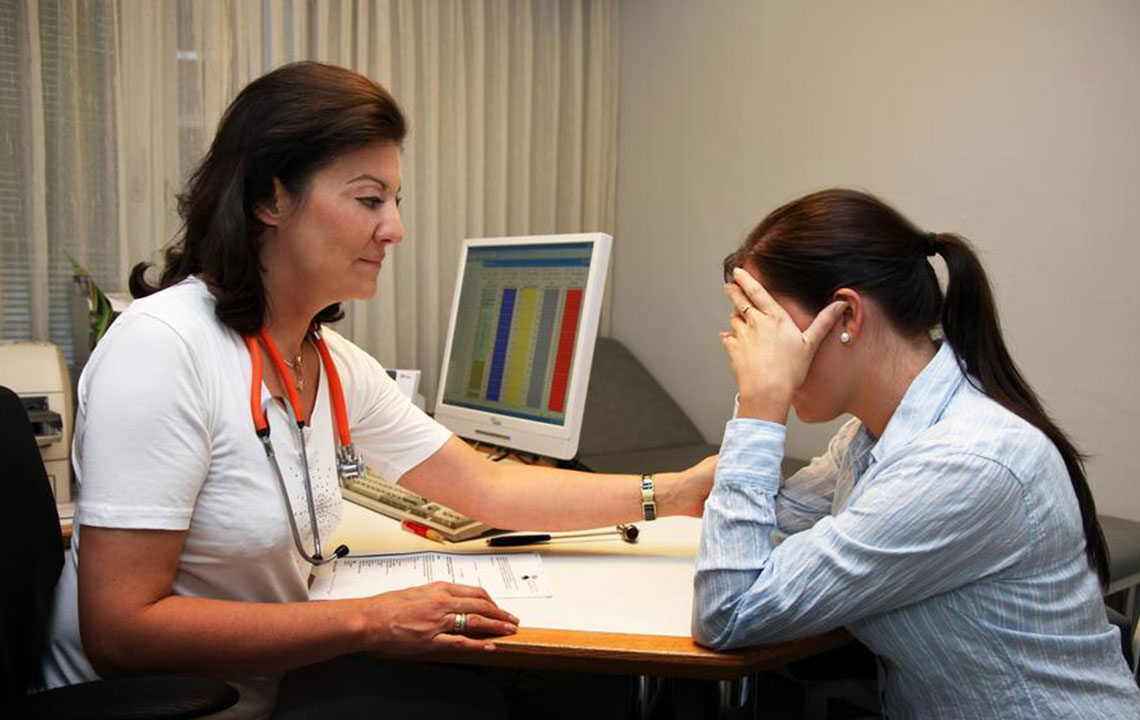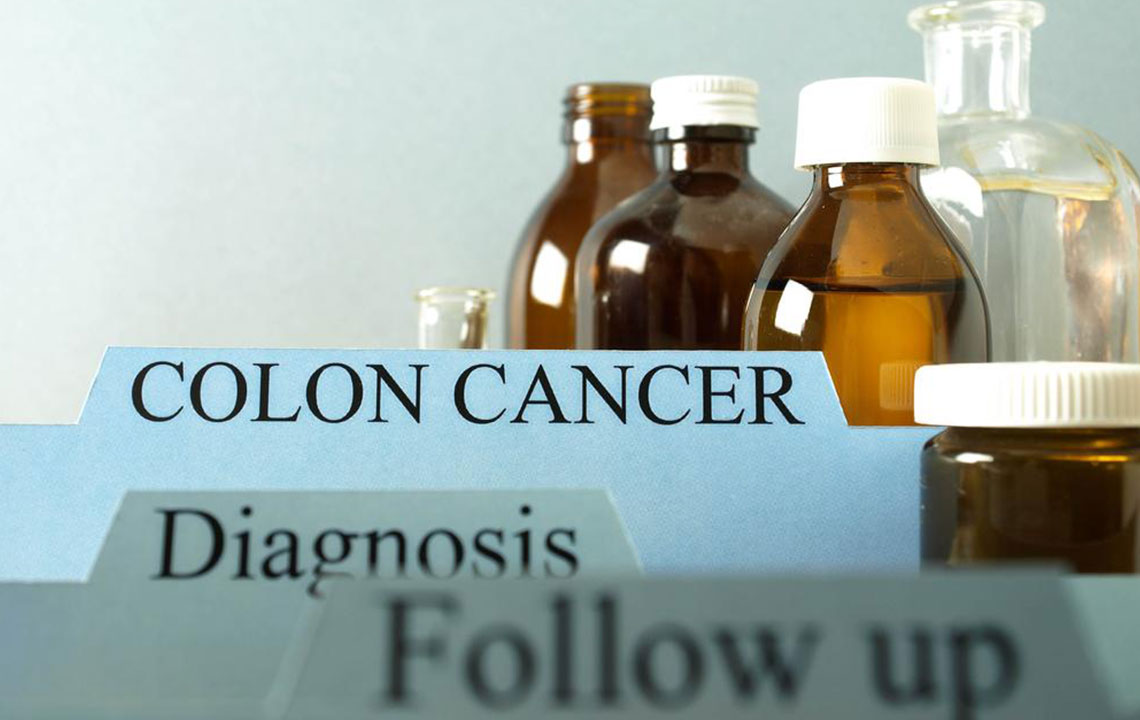Breakthrough Developments in the Early Detection of Colon Cancer to Improve Outcomes
Early detection of colon cancer is vital for successful treatment. Recent scientific advances include blood biomarkers and enhanced screening methods like colonoscopy, especially for high-risk individuals. Recognizing symptoms such as blood in stool and unexplained weight loss prompts earlier medical intervention. Regular screenings and awareness significantly improve survival rates, underscoring the importance of preventive health measures. As technology evolves, early diagnosis becomes more accessible and effective, offering hope for better outcomes and increased recovery chances for colon cancer patients.

Breakthrough Developments in the Early Detection of Colon Cancer to Improve Outcomes
Early detection of colon cancer is critical for increasing treatment success rates and improving patient survival. Since colon cancer often develops slowly over several years and may initially present with no obvious symptoms, medical researchers are continually exploring innovative methods to identify the disease at its earliest stages. Recent advancements focus on blood-based biomarkers, genetic profiling, and immune system assessments to facilitate earlier diagnosis. Regular screening tests, particularly colonoscopies, remain the cornerstone of early detection, especially for at-risk populations. Understanding the significance of early warning signs and risk factors can significantly enhance the chances of successful intervention.
Detecting colon cancer at an early stage dramatically improves survival rates and reduces the need for aggressive treatments. Individuals over the age of 50, those with a family history of the disease, or patients with chronic bowel conditions, diabetes, or inflammatory bowel disease are at increased risk and should prioritize routine screening. The primary diagnostic tool remains colonoscopy, which allows direct visualization of the colon and rectum, as well as tissue biopsy to confirm diagnosis. Meanwhile, innovative blood tests measuring specific tumor markers and immune responses are emerging as supplementary tools that can detect early-stage cancer even before symptoms manifest.
Understanding common symptoms such as sudden changes in bowel habits, the presence of blood in stool, unexplained weight loss, persistent fatigue, and abdominal discomfort is essential for prompt medical consultation. Although these symptoms may indicate various gastrointestinal issues, their persistence warrants thorough investigation to rule out malignancy. Scientific research continues to identify novel blood markers and genetic signatures that could potentially serve as non-invasive screening options, simplifying early detection efforts for a broader population. Incorporating these advances into routine health screenings helps catch colon cancer before it progresses, increasing survival odds substantially.
Prevention and early detection are pillars in the fight against colon cancer. Healthcare providers recommend that individuals aged 50 and above undergo screening at regular intervals. Those with additional risk factors should initiate screening earlier or have more frequent tests. Public awareness campaigns aimed at educating people about the importance of recognizing early warning signs can lead to earlier interventions and better outcomes. As technology advances, the integration of innovative diagnostic tools like blood-based biomarker panels and improved imaging techniques promises to further refine early detection strategies. With ongoing scientific progress and widespread screening efforts, the prognosis for colon cancer patients continues to improve, emphasizing the importance of preventive health practices.





